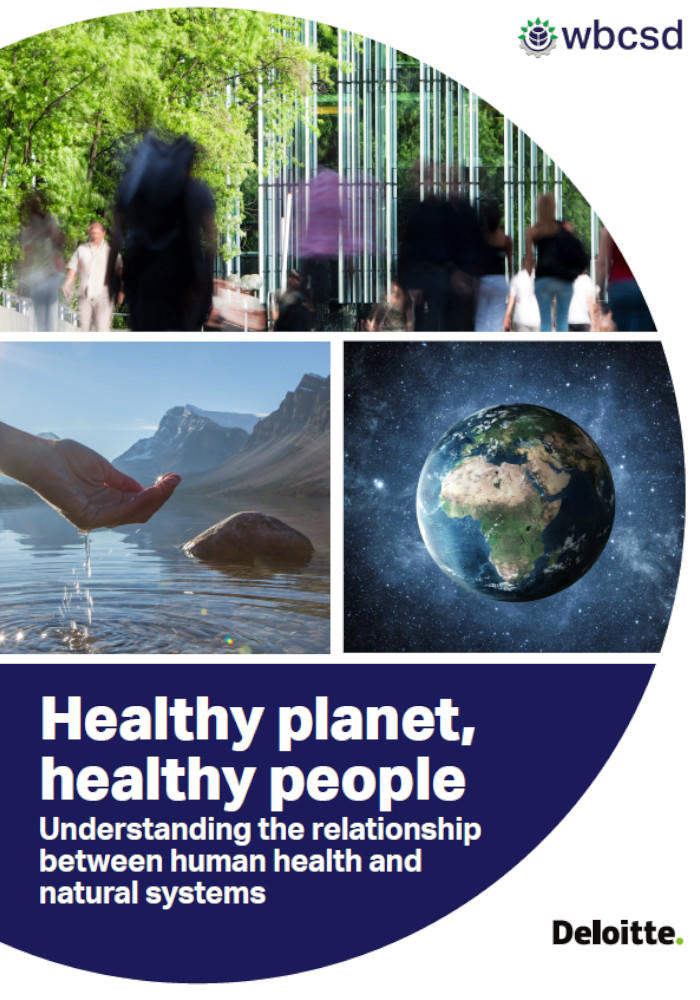
Human activities are driving fundamental changes to the biosphere and disrupting many of our planet’s natural systems. There is increasing scientific evidence that the unfolding climate crisis, global pollution, unprecedented levels of biodiversity loss, and pervasive changes in land use and cover threaten nearly every dimension of human health and wellbeing.
As the planetary emergency continues to unfold, a litany of health risks look set to place an ever-growing burden on health systems, societies and economies worldwide. These risks include significant rises in malnutrition, infectious and non-communicable diseases, migration, displacement and conflict, and negative mental health impacts.
Until now, the objective of mitigating greenhouse gas emissions and reducing environmental footprints – meaning better managing business impacts and dependencies on nature and climate – has driven business action on climate and nature. While this objective remains an imperative, there has been little effort to inform this objective with the health implications of human-caused damage to natural systems. Recent developments show that the intrinsic link between the health of people and the health of the planet is quickly moving to the forefront of dialogue on sustainability.
This white paper seeks to unpack the relationship between human health and natural systems, outline the health implications of climate change and nature loss, thereby clearly showing that the planetary crisis is also a health crisis. It provides guidance on how businesses from a wide range of sectors can use this information to drive accelerated climate, nature and equity action. Specifically, it aims to make the case that by integrating health into business decision-making, companies have the opportunity to bridge the environmental and social domains of sustainability and build long-term business resilience in the face of an ever-growing burden of disease that looks set to threaten societies and economies now and in the future.

